
Are you wondering, “Can you take collagen while pregnant?” It’s a common question many expecting mothers ask. Collagen is the most abundant protein in your body, working like glue to hold your skin, bones, and tissues together.
During pregnancy, your body goes through amazing changes that put extra demands on your collagen supply.
Your skin stretches, joints loosen, and your baby needs nutrients to grow strong. While your body makes collagen naturally, production slows with age, and pregnancy creates additional needs.
Many women consider collagen supplements to support their stretching skin, growing baby, and changing joints.
Although generally regarded as safe by many experts, it’s always important to consult your doctor before adding any supplement to your pregnancy.
Understanding Collagen: Why It Matters During Pregnancy
Collagen is the most common protein in your body, working like glue to hold your skin, bones, and tissues together.
Your body makes collagen naturally, but production slows down as you age. You can obtain more collagen from foods such as bone broth, chicken skin, and fish, or supplements in powder or pill form.
Many pregnant women wonder: Can you take collagen while pregnant? It’s important because collagen supports your stretching skin, growing baby, and changing joints during pregnancy.
While most experts consider collagen supplements generally safe during pregnancy, always check with your doctor first to make sure it’s right for you and your baby.
How Collagen Can Benefit You During Pregnancy

Pregnancy puts extra demands on your body, and collagen may help support these changes. Let’s look at how collagen might benefit you during this special time.
- Helps Baby Grow Strong and Healthy: Collagen contains amino acids that may help your baby develop properly. These building blocks support the growth of your baby’s skin, bones, and connective tissues.
- Eases Joint Pain and Discomfort: As your belly grows, your joints face more pressure and strain. Collagen can help maintain joint flexibility and reduce discomfort in your knees, hips, and back during pregnancy.
- Keeps Your Bones Strong: Your baby needs calcium for bone development, which sometimes takes it from your bones. Collagen works with calcium to keep your bones strong while supporting your baby’s growth.
- Prevents Stretch Marks and Skin Issues: Pregnancy stretches your skin, especially around your belly. Collagen helps your skin remain elastic and may help reduce the appearance of stretch marks as your body changes.
Many moms-to-be find these benefits helpful during their nine-month experience. Remember to talk with your doctor before starting any new supplement during pregnancy.
Can Collagen Cause Miscarriage?

There aren’t any studies that directly link taking collagen to miscarriage. However, many doctors suggest being careful about supplements during pregnancy.
Since researchers haven’t specifically studied the effects of collagen on pregnant women, it’s unclear if it’s completely safe.
The most important thing is to talk to your doctor before taking any supplements while pregnant. Your healthcare provider knows your specific health needs and can give you personalized advice about what’s safe for you and your baby.
This conversation is especially important during pregnancy when you want to be extra careful about what goes into your body.
While collagen is naturally found in our bodies, concentrated supplements may have different effects during pregnancy, which is why medical guidance is crucial.
What Are the Risks of Taking Collagen While Pregnant?

Taking supplements during pregnancy requires extra caution since you’re caring for both yourself and your baby. Before adding collagen to your routine, consider these potential concerns.
1. Limited Research for Expectant Mothers:
Scientists haven’t thoroughly studied the effects of collagen supplements on pregnant women. Without proper research, doctors can’t be completely sure about the long-term impact on you or your baby.
2. Doctors Often Suggest Caution with Supplements:
Many healthcare providers recommend sticking to prenatal vitamins only during pregnancy. Adding extra supplements without medical supervision might not be the safest approach.
3. Quality and Purity Concerns:
The supplement industry isn’t strictly regulated, making it difficult to know exactly what’s in your collagen product. Some may contain hidden ingredients or contaminants that could harm your pregnancy.
4. Possible Digestive Issues:
Some pregnant women report stomach aches, bloating, or heartburn after taking collagen. These symptoms can add to the pregnancy discomfort you might already be experiencing.
5. Allergy Risks to Consider:
If you’re allergic to fish, shellfish, eggs, or chicken, exercise caution when taking collagen supplements. Many collagen products originate from these sources and may trigger severe allergic reactions.
How to Choose the Best Collagen to Take While Pregnant
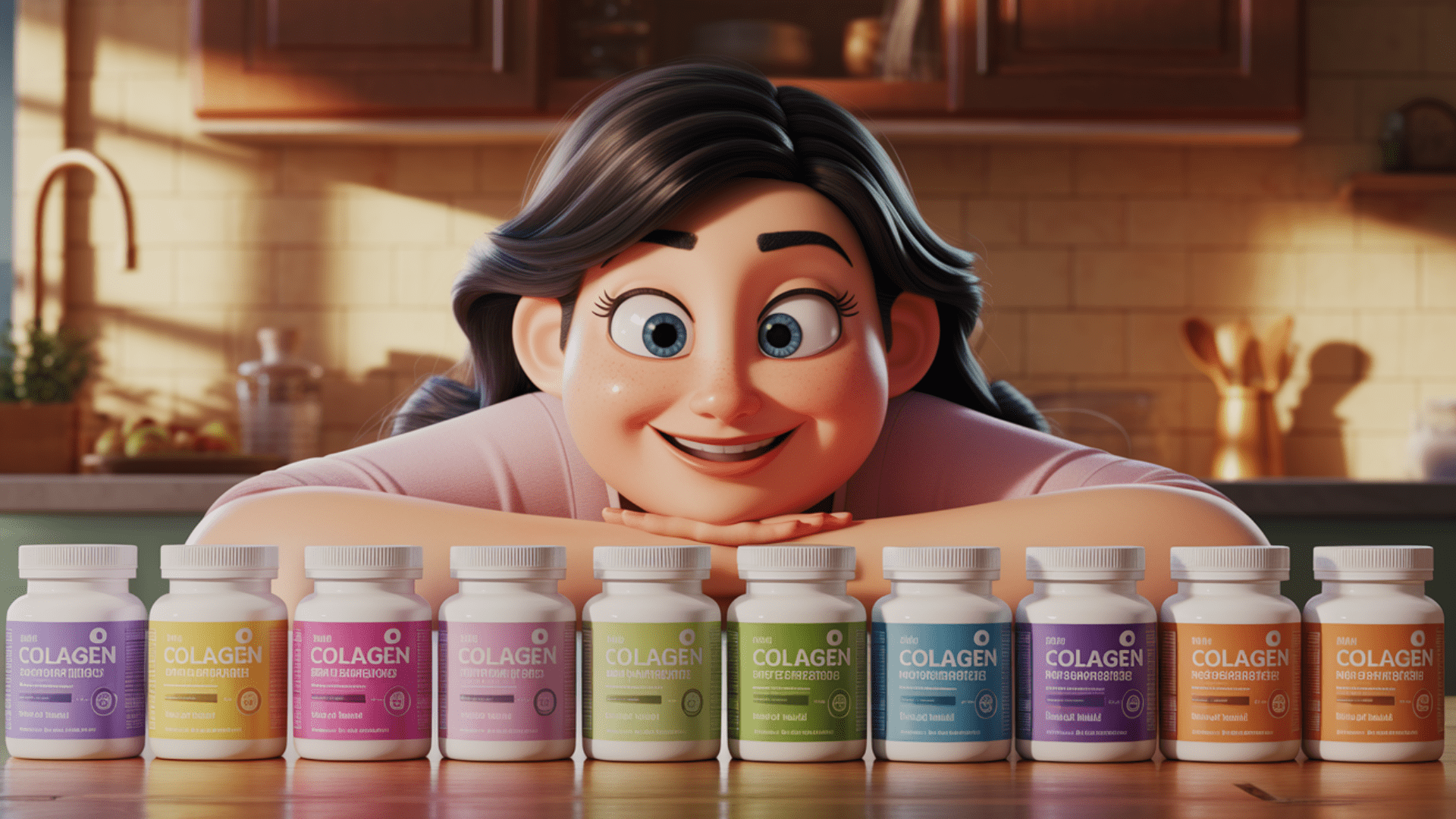
Finding the right collagen supplement during pregnancy can be tricky. Here are some simple tips to help you make a good choice.
- Look for collagen supplements that say “hydrolyzed collagen peptides” on the label. These are easier for your body to use.
- Select products that third-party laboratories have tested. This means that someone besides the company has verified that what is in the bottle matches what is on the label.
- Check for allergen information. Make sure the collagen doesn’t contain ingredients you’re allergic to or that might be harmful during pregnancy.
- Pick collagen with as few extra ingredients as possible. Avoid products with lots of additives, artificial colors, or sweeteners.
- Always show the supplement to your doctor before you start taking it. They can check if it’s safe for your specific pregnancy situation.
Remember that no supplement is worth taking if it might harm your baby. Your doctor is always the best person to guide you through these decisions.
Best Collagen Available on The Market
1. Vital Proteins Collagen Peptides
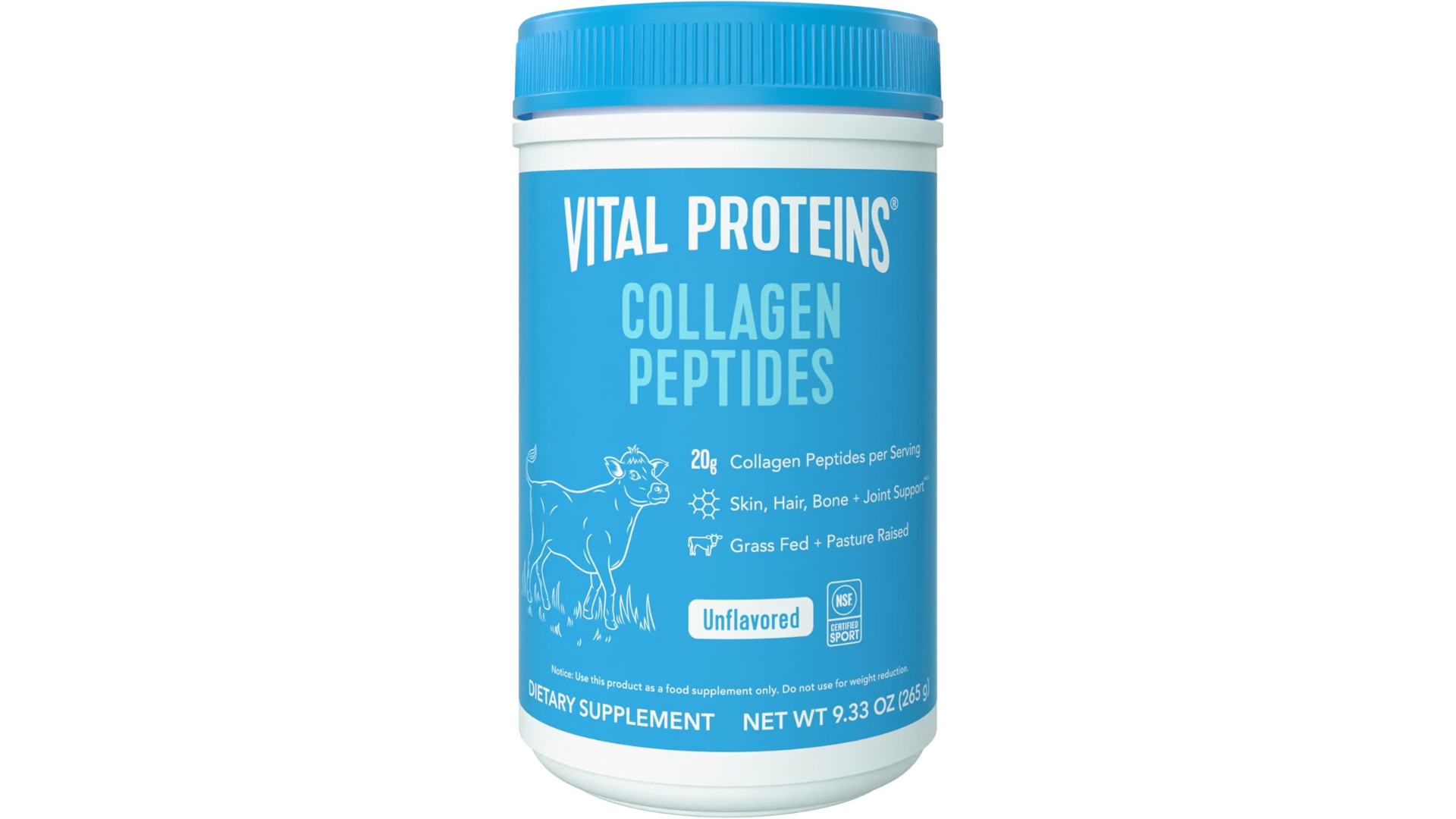
This high-quality collagen is derived from grass-fed cows and contains types I and III collagen, which support your skin, hair, and bones.
It contains vitamin C and hyaluronic acid to help your body utilize it more effectively. You can easily mix it into any drink, either hot or cold. It’s simple and pure with very few extra ingredients.
2. Sports Research Collagen Peptides
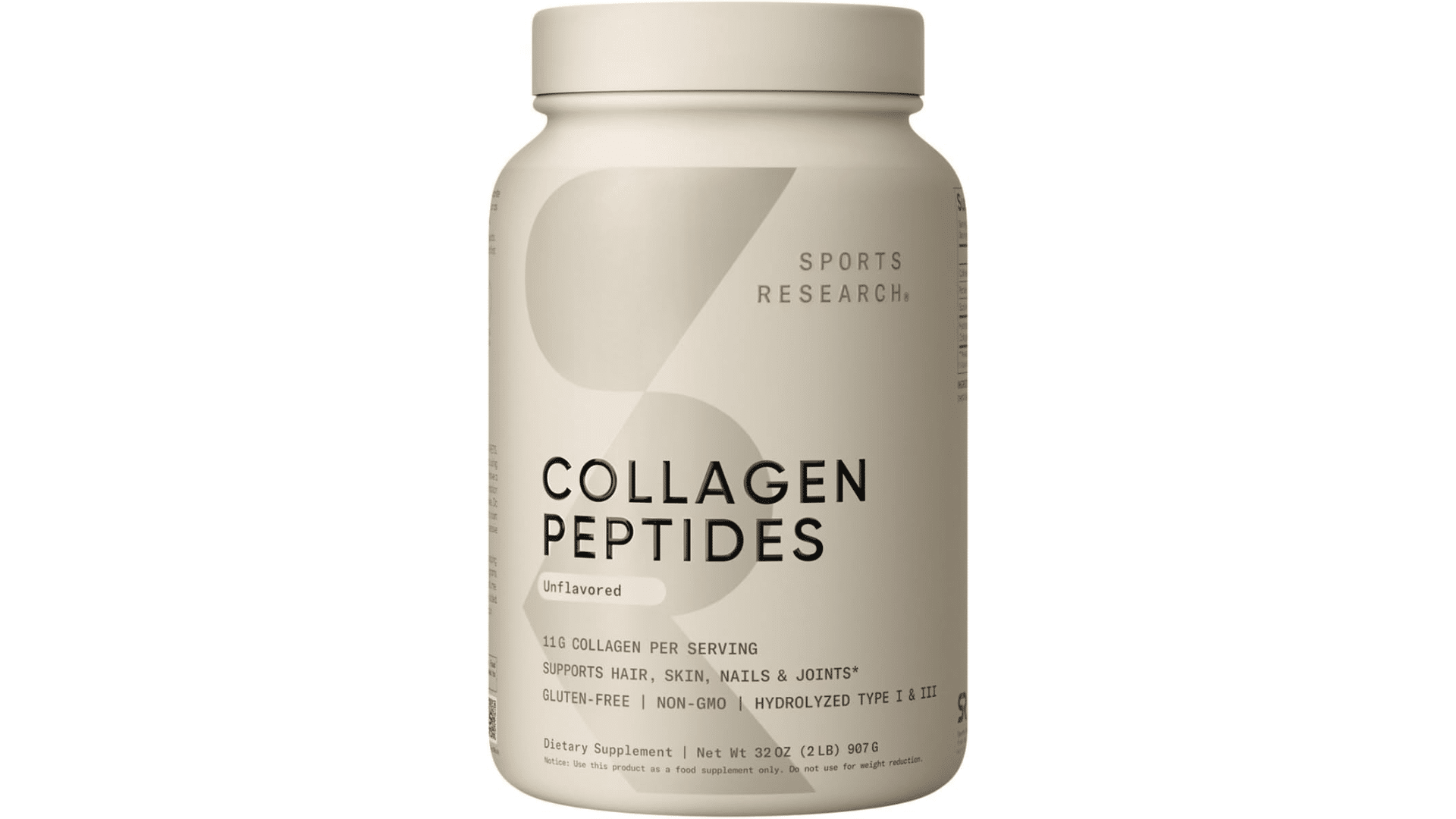
Many people appreciate this collagen for its ability to make their skin more elastic and alleviate joint pain.
It’s made from grass-fed cows and holds NSF certification, indicating that it has been thoroughly inspected for quality and safety. It dissolves well and provides a generous amount of protein in each serving. It’s especially beneficial for your skin and won’t break the bank.
3. NOW Foods Multi Collagen Protein
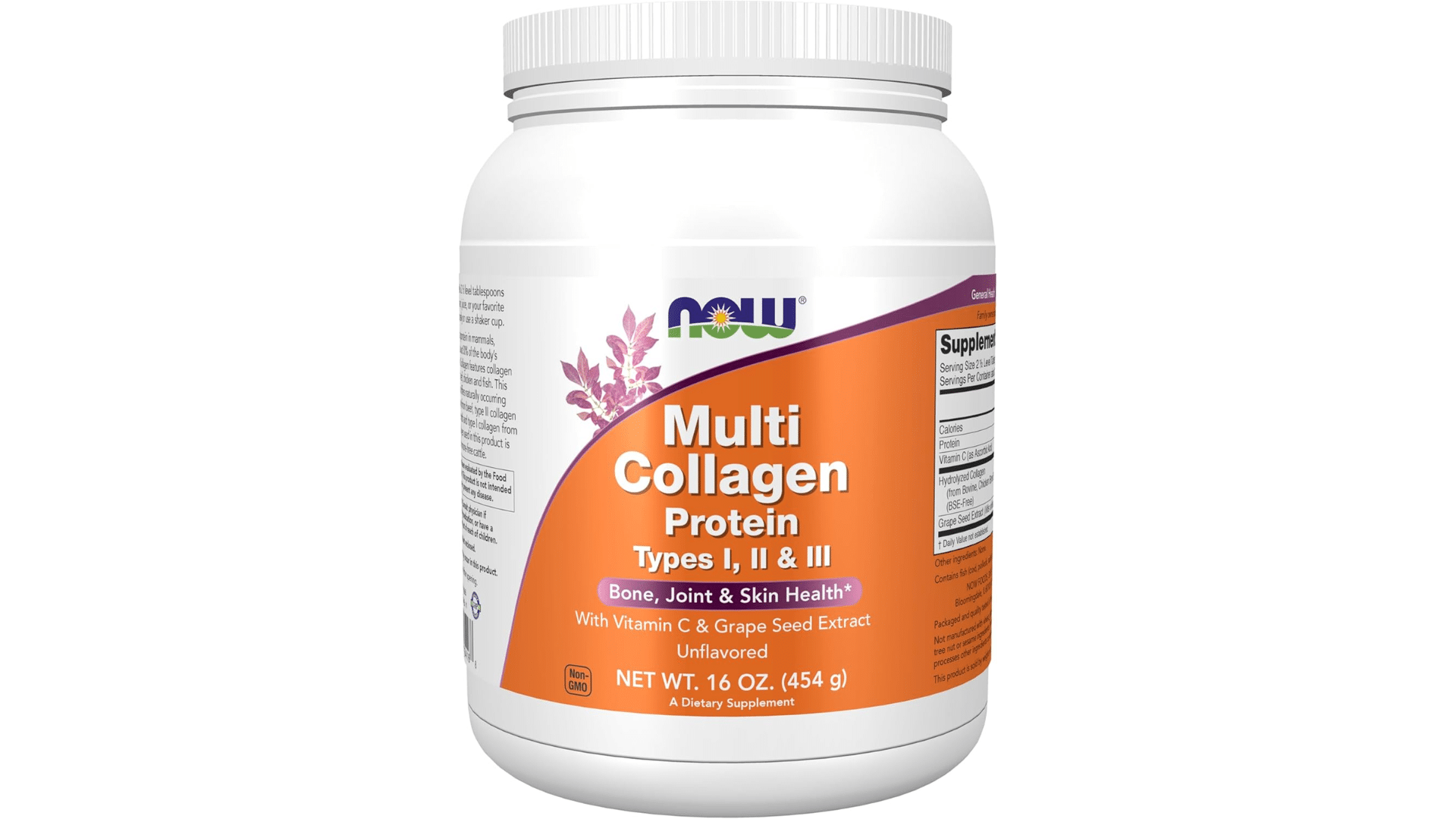
This collagen is special because it contains three different types (I, II, and III) from cows, chickens, and fish.
It also contains vitamin C to help your body produce its collagen. It supports your skin, joints, and bones simultaneously. Unlike single-source collagens, this one gives you wider benefits from multiple animal sources.
4. Thorne Collagen Plus
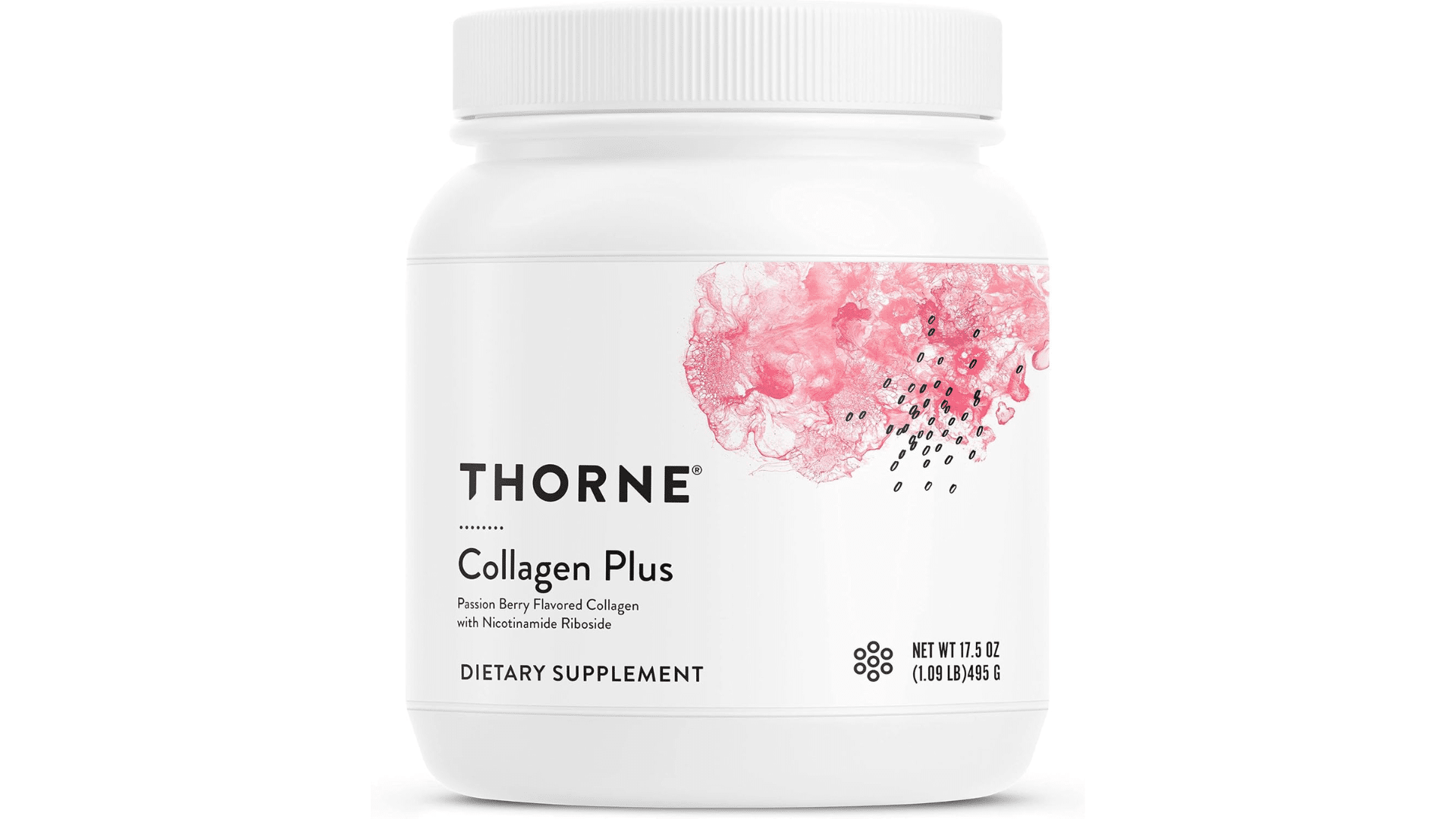
This collagen helps keep your skin firm and stretchy. It contains types I and III collagen, as well as additional ingredients beneficial for your skin.
It has been tested by outside companies and is NSF-certified for sports, ensuring it’s pure and safe. It’s ideal if you prioritize your skin health and seek a premium product.
5. Youtheory Collagen with Vitamin C
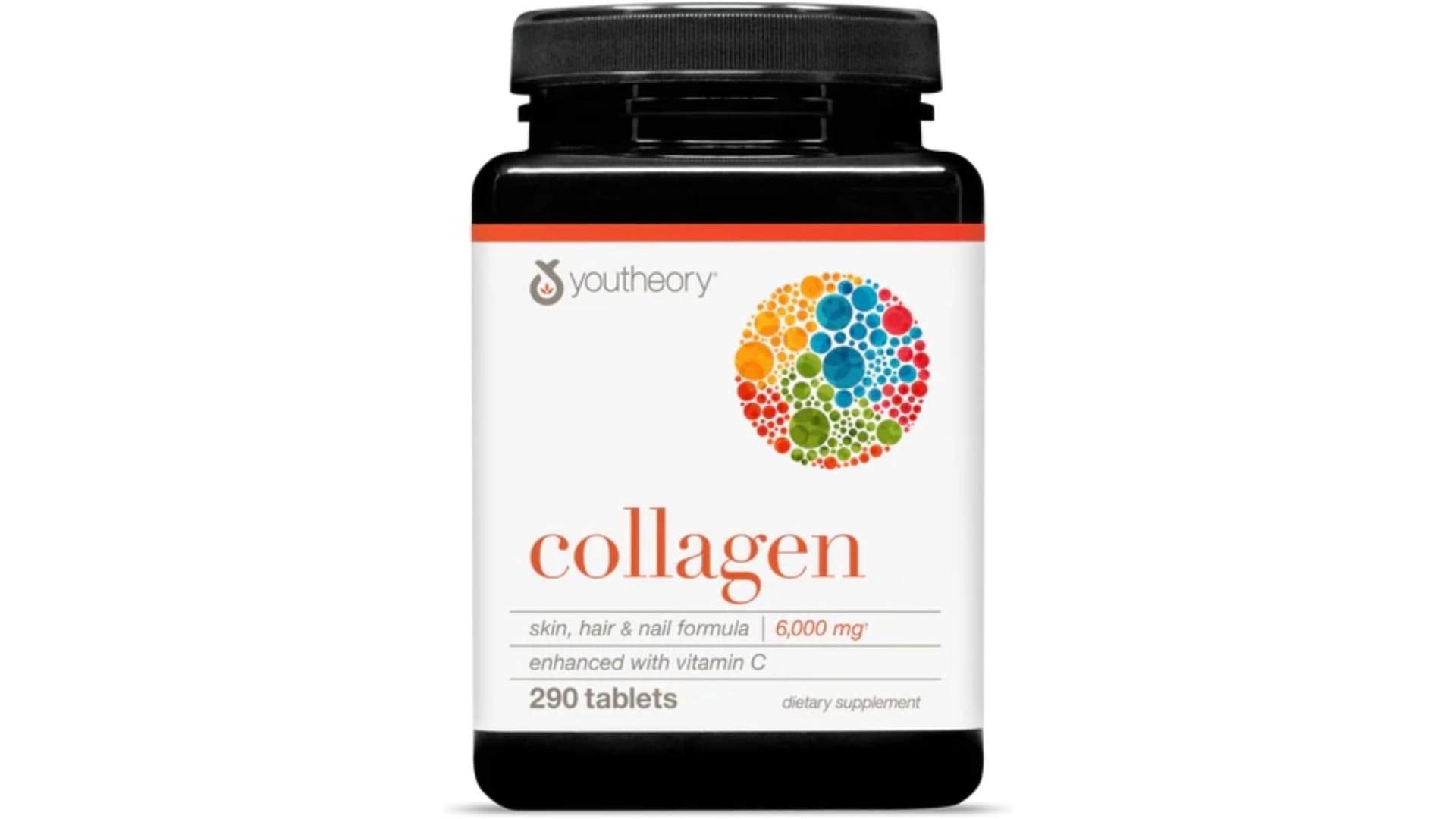
This collagen comes in pills instead of powder, making it easy to take. It contains vitamin C to help your body produce more of its collagen. Independent laboratories have confirmed that it’s pure and of high quality.
It’s ideal for individuals who prefer a liquid foundation and need something they can easily carry around.
Final Words
So, can you take collagen while pregnant? The answer isn’t a simple yes or no. While collagen may offer benefits for your skin elasticity, joint comfort, and your baby’s development, the limited research on collagen supplements during pregnancy means caution is necessary.
Always opt for high-quality, hydrolyzed collagen peptides that undergo third-party testing if you decide to supplement.
Remember that your doctor knows your specific health situation best and should be your first resource before starting any supplement.
Natural sources of collagen, such as bone broth, chicken skin, and fish, can serve as excellent alternatives to supplements.
Every pregnancy is unique, and what works for one mom-to-be might not be right for another. What pregnancy supplements have worked best for you? Share your experience in the comments below!
If you’re interested in more informational pregnancy and mothering blogs, feel free to click here and explore other blogs you might enjoy.

